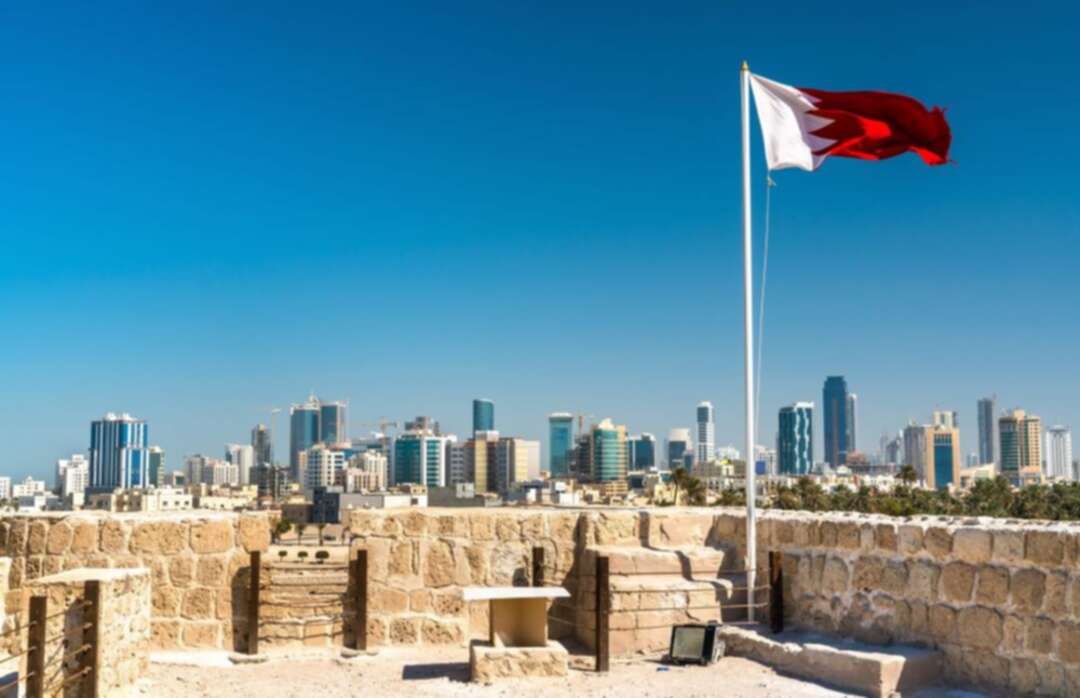-
Bahrain implements alternative penalties to reinforce human rights, community stability

Bahrain is among the first countries to implement the alternative penalties, as the law is a pioneering experience in the region to reinforce human rights and positively strengthen family ties to enhance community stability.
The new prison reform says all prisoners are eligible for “alternative sentencing” even prior to starting to serve their sentences.
Dr Deborah Swallow, who is an international consultant and a senior lecturer in diplomacy and international human resource management at Glasgow Caledonian University London, told Bahrain International TV channel that the phliosophy to go from punishment to rehabilitation in the prison regimes is a completelty different phillosophy.
The open prison initiative is "much more beneficial to the society", as it lowers reoffending rates, according to Dr Swallow.

It is more useful "to go through the idea of rehabilitation with alternative sentencing programmes than to put locked people away and treat it as a punishment," she assured.
Asked on the role of implementing the programm to reinforcing human rights, Dr Swallow called on every country to "start from where they are now," adding that, "any move that even the very first step is a positive step".
Bahrain opens the largest Catholic cathedral in the Gulf
It is true that the the UK and the west countries have democracy and prison reform, she mentioned, but, they learned and developed from their revolutions and civil wars.
Alternative sentences may include community service, home detention, exclusion orders, non-contact orders, electronic tagging, rehabilitation programmes or compensation.
The reforms will see more offenders serving their sentences in the community and a review of existing prisoners for transfer to alternative sentencing and early release. Alternative sentences will be considered by the Courts on application by the prosecution and upon being satisfied that the offender does not pose a risk to the public.
Bahrain expects $3.2 bln deficit in 2021, 5 percent economic growth
President of the second High Criminal Court of Appeal, Judge Ibrahim Salman Al Jafn, previously asserted that the kingdom was the first among its neighbouring countries to issue and implement such a law aimed at enabling the family and civil society to play a major role in reforming convicts with sentences entailing deprivation of liberty, as well as changing traditional penalties that are not commensurate with some cases.
Levantnews
You May Also Like
Popular Posts
Caricature
BENEFIT Sponsors BuildHer...
- April 23, 2025
BENEFIT, the Kingdom’s innovator and leading company in Fintech and electronic financial transactions service, has sponsored the BuildHer CityHack 2025 Hackathon, a two-day event spearheaded by the College of Engineering and Technology at the Royal University for Women (RUW).
Aimed at secondary school students, the event brought together a distinguished group of academic professionals and technology experts to mentor and inspire young participants.
More than 100 high school students from across the Kingdom of Bahrain took part in the hackathon, which featured an intensive programme of training workshops and hands-on sessions. These activities were tailored to enhance participants’ critical thinking, collaborative problem-solving, and team-building capabilities, while also encouraging the development of practical and sustainable solutions to contemporary challenges using modern technological tools.
BENEFIT’s Chief Executive Mr. Abdulwahed AlJanahi, commented: “Our support for this educational hackathon reflects our long-term strategic vision to nurture the talents of emerging national youth and empower the next generation of accomplished female leaders in technology. By fostering creativity and innovation, we aim to contribute meaningfully to Bahrain’s comprehensive development goals and align with the aspirations outlined in the Kingdom’s Vision 2030—an ambition in which BENEFIT plays a central role.”
Professor Riyadh Yousif Hamzah, President of the Royal University for Women, commented: “This initiative reflects our commitment to advancing women in STEM fields. We're cultivating a generation of creative, solution-driven female leaders who will drive national development. Our partnership with BENEFIT exemplifies the powerful synergy between academia and private sector in supporting educational innovation.”
Hanan Abdulla Hasan, Senior Manager, PR & Communication at BENEFIT, said: “We are honoured to collaborate with RUW in supporting this remarkable technology-focused event. It highlights our commitment to social responsibility, and our ongoing efforts to enhance the digital and innovation capabilities of young Bahraini women and foster their ability to harness technological tools in the service of a smarter, more sustainable future.”
For his part, Dr. Humam ElAgha, Acting Dean of the College of Engineering and Technology at the University, said: “BuildHer CityHack 2025 embodies our hands-on approach to education. By tackling real-world problems through creative thinking and sustainable solutions, we're preparing women to thrive in the knowledge economy – a cornerstone of the University's vision.”
opinion
Report
ads
Newsletter
Subscribe to our mailing list to get the new updates!






















